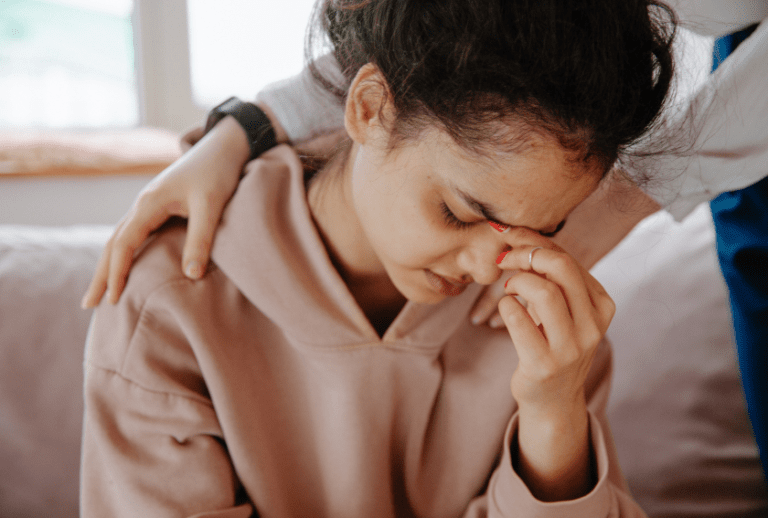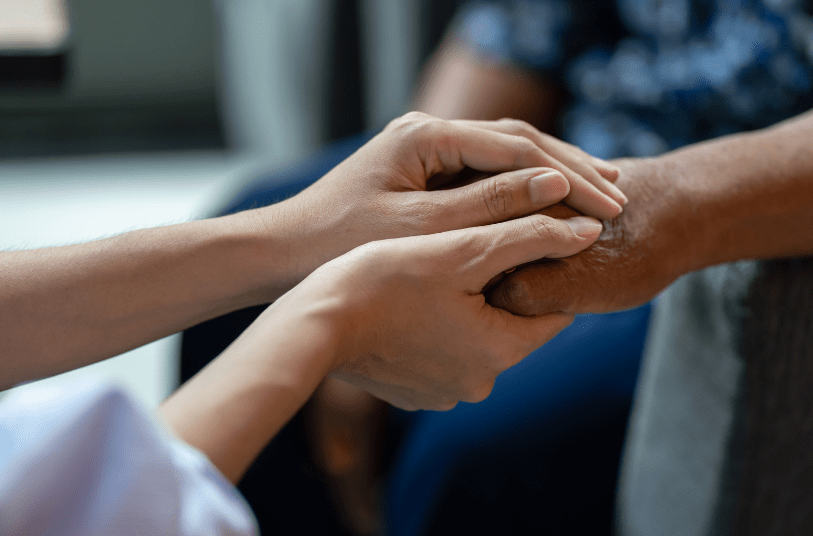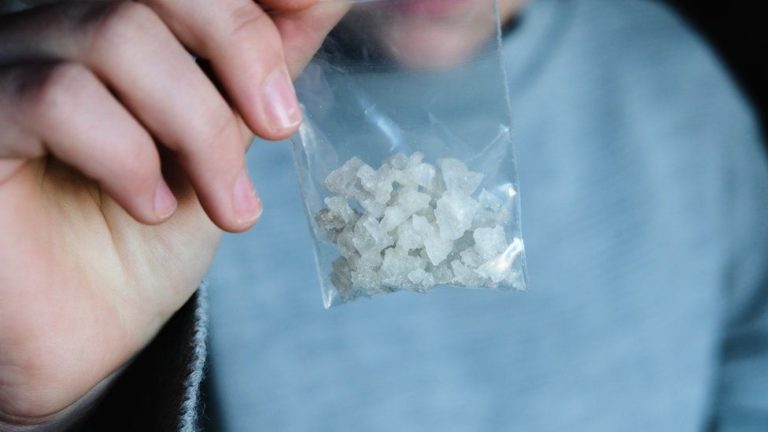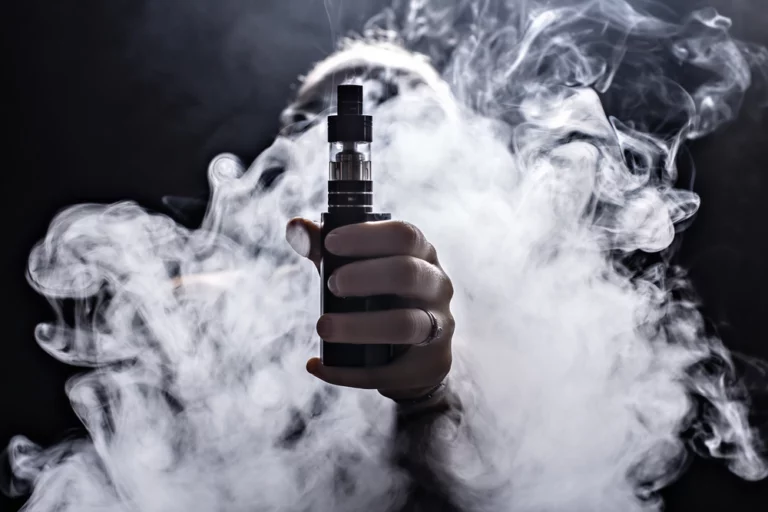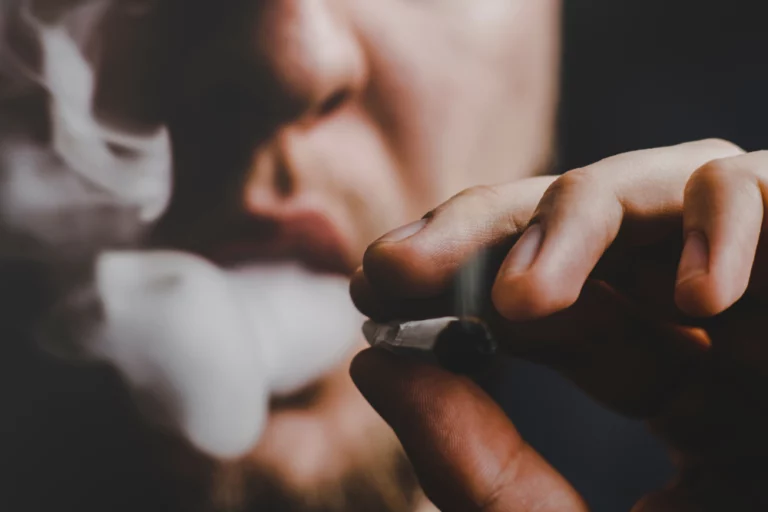The Ultimate Guide On What To Do When You Relapse
According to the National Institute on Drug Abuse, anywhere from 40-60% of individuals with addiction will experience relapse. Though relapse is absolutely not a required experience on the road to recovery, if you or a loved one has relapsed, it may bring comfort to know that you are not alone, and there is still hope. Many individuals who have now been living their lives free from drugs and alcohol for decades, relapsed at one time or another. If you relapse, it is important to know what to do and how to move forward. Here is the ultimate guide to what to do when you relapse.
Signs Of Relapse
A relapse often begins long before an individual actually picks up the drink or drug. Before the physical act of relapse, there are mental and emotional signs of relapse, as well as behaviors to be aware of, that may signal someone is headed toward a relapse.
Signs of relapse include:
- Reminiscing on the “good days” of drug abuse
- Stopping, or significantly limiting, attending recovery support groups
- Distancing oneself from friends in recovery and recovery community
- Frequenting places where drugs and alcohol are being used
- Developing negative feelings of resentment towards recovery
- Thoughts like “Why can’t I drink and do drugs while other people can?”
If you are experiencing any of these signs of relapse, reach out for help. Relapse isn’t necessary.
What To Do When You Relapse
If you have relapsed, the most important thing to keep in mind is that you can return to recovery today. Relapse can feel like failure, but it is often a part of the recovery process, and most individuals who have relapsed will say that, although they are disappointed that they relapsed, their relapse taught them something.
Often, relapse, and any physical, emotional, or legal consequences related to a person’s relapse, are a big reminder of why a person entered recovery in the first place. It may show a person that they were not prioritizing their recovery, and let old habits creep back in until they decided to drink or use drugs again. Whatever the result of a relapse, the first thing a person should do is reach out for help.
If you know anyone who is in recovery, reach out to them, or to a friend or family member who can help get you back on track with your recovery through a treatment program or recovery support groups such as Alcoholics Anonymous or Narcotics Anonymous. You may also contact an addiction specialist directly for guidance and suggestions on the next steps to take.
The reality is that a relapse can be fatal. Many individuals pick up a drink or drug thinking that they can “just return to recovery tomorrow,” and then never make it back. Particularly after a sustained period of sobriety, an individual’s tolerance for drugs and alcohol may have dropped significantly, and if, during relapse, a person uses the amount of a substance that they used to, what used to be an amount that their body needed to feel the effects may now be an amount that causes a deadly overdose. This is why it is imperative to seek help immediately after a relapse.
Addiction Treatment At Oasis Recovery
If you or someone you love has developed an addiction or dependence to drugs or alcohol, or has relapsed and are wondering how to get help, we encourage you to reach out to the professionals at Oasis Recovery to learn more about our personalized treatment programs and mental health services. Recovery is always possible. Our experts work with you to design a treatment plan that fits your needs. Common treatment programs include:
- Intensive Outpatient Programs (IOP)
- Full-time Addiction Treatment on campus
- Aftercare Services
Contact us today for more information about how our programs and services can help you get your life back on track.




